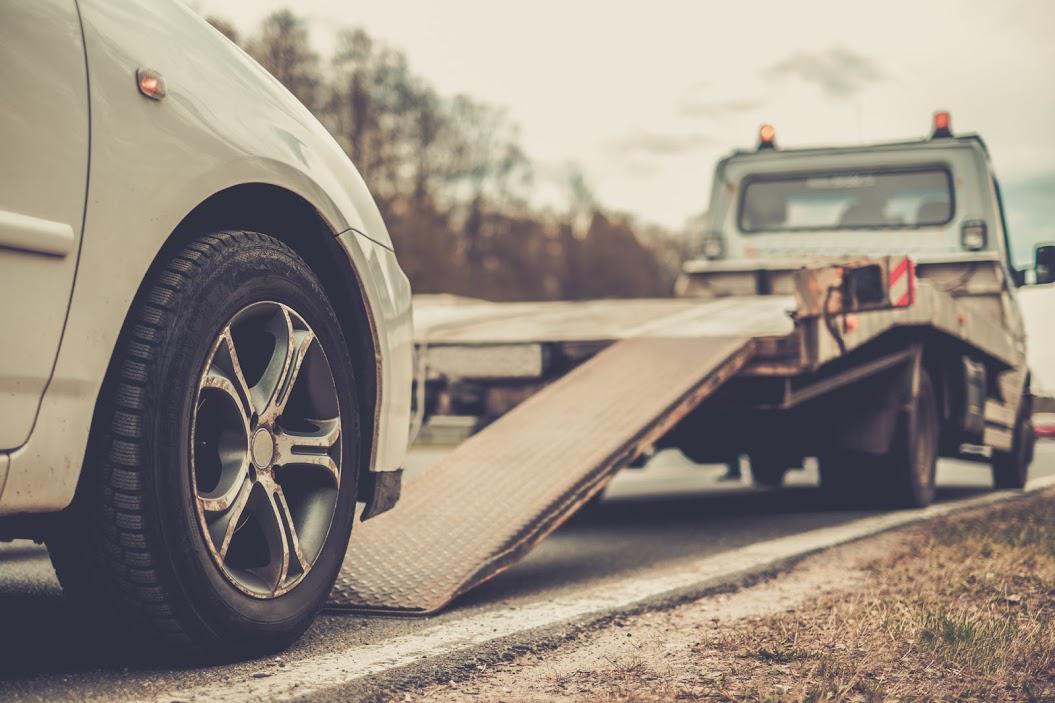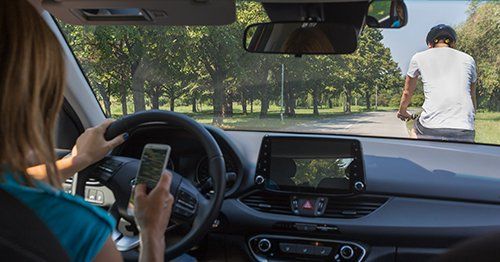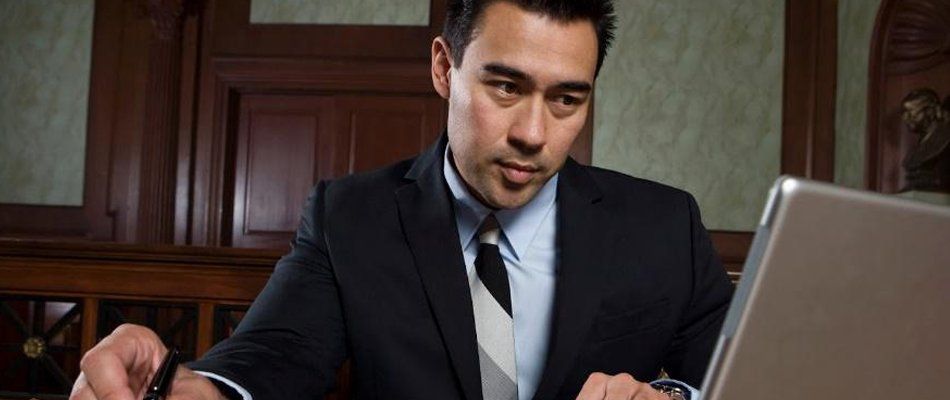BLOG
4 Signs You Need to Hire a Car Accident Attorney
- By ADMIN
- •
- 13 Aug, 2018
- •

Car accidents do not always require the involvement of an attorney. Minor fender-benders can often be settled between insurance companies with relative ease. However, extensive collisions can quickly become complex when it comes to determining who is liable to pay for the damages.
How do you know whether or not you need an attorney to represent you after a crash? If any of the following statements are true of your circumstances, call a lawyer.
1. Someone Was Seriously Injured in the Crash
Medical bills add up faster than you might expect. If someone was seriously injured in the crash, then the insurance companies will fight long and hard to put the fault on the other driver so that they do not have to pay. Medical expenses may also exceed the policy's coverage. Any settlement your insurance company offers you may not be enough to fully cover your medical bills, lost wages, and other expenses related to the injuries.
If either you or another party required medical treatment after the car crash, then it's best to contact an attorney. Your attorney can guide you through the process of filing your insurance claim and seeking appropriate medical attention, which increases your chances of receiving full reimbursement for the damages. If the other driver was injured, your lawyer can work to ensure you do not have to cover any expenses out of pocket.
2. Someone Other Than the Other Driver May Be at Fault
Usually, either one driver or the other is at fault for the collision. However, in some situations, a third party may be liable.
For example, if the town or city failed to fix a broken stop sign and the lack of a sign contributed to the accident, then the town may be partially at fault for your collision. If your car was made incorrectly and a part failure contributed to the crash, then you may need to sue the car manufacturer for damages. You'll need an attorney to guide you through such a process.
3. The Other Driver Is Being Dishonest
If the other driver's side of the story does not match your own — or if the other driver is blatantly lying to the insurance company or police to avoid being named at fault for the accident — you need to contact an attorney immediately.
Your attorney can make sure any that evidence which shows the other driver to be at fault is preserved. They can also communicate with your insurance company and the other driver's insurance company to ensure accurate information is received and considered.
Do not try to argue with the other driver on your own. Just give the police your side of the story, and then call your attorney and let them handle it. Arguing with the other driver may, unfortunately, just make you look guiltier.
4. The Other Driver Was Not Insured
Driving without insurance is a crime, and the other driver will likely be taken to court on criminal charges after the collision. If you have uninsured motorist coverage, then your policy should cover the damage.
However, many people do not carry uninsured motorist coverage or do not have enough coverage to pay for all of their expenses. In this case, you can file a lawsuit against the uninsured driver in an attempt to collect reimbursement for any damages. Your attorney can guide you through this process.
If navigating the aftermath of a car accident ever begins to feel too complicated, reach out to an attorney. The personal injury team at the Law Offices of Burton J. Hass is equipped to handle a wide range of cases — from simple to complex. Contact us today for more information.
How do you know whether or not you need an attorney to represent you after a crash? If any of the following statements are true of your circumstances, call a lawyer.
1. Someone Was Seriously Injured in the Crash
Medical bills add up faster than you might expect. If someone was seriously injured in the crash, then the insurance companies will fight long and hard to put the fault on the other driver so that they do not have to pay. Medical expenses may also exceed the policy's coverage. Any settlement your insurance company offers you may not be enough to fully cover your medical bills, lost wages, and other expenses related to the injuries.
If either you or another party required medical treatment after the car crash, then it's best to contact an attorney. Your attorney can guide you through the process of filing your insurance claim and seeking appropriate medical attention, which increases your chances of receiving full reimbursement for the damages. If the other driver was injured, your lawyer can work to ensure you do not have to cover any expenses out of pocket.
2. Someone Other Than the Other Driver May Be at Fault
Usually, either one driver or the other is at fault for the collision. However, in some situations, a third party may be liable.
For example, if the town or city failed to fix a broken stop sign and the lack of a sign contributed to the accident, then the town may be partially at fault for your collision. If your car was made incorrectly and a part failure contributed to the crash, then you may need to sue the car manufacturer for damages. You'll need an attorney to guide you through such a process.
3. The Other Driver Is Being Dishonest
If the other driver's side of the story does not match your own — or if the other driver is blatantly lying to the insurance company or police to avoid being named at fault for the accident — you need to contact an attorney immediately.
Your attorney can make sure any that evidence which shows the other driver to be at fault is preserved. They can also communicate with your insurance company and the other driver's insurance company to ensure accurate information is received and considered.
Do not try to argue with the other driver on your own. Just give the police your side of the story, and then call your attorney and let them handle it. Arguing with the other driver may, unfortunately, just make you look guiltier.
4. The Other Driver Was Not Insured
Driving without insurance is a crime, and the other driver will likely be taken to court on criminal charges after the collision. If you have uninsured motorist coverage, then your policy should cover the damage.
However, many people do not carry uninsured motorist coverage or do not have enough coverage to pay for all of their expenses. In this case, you can file a lawsuit against the uninsured driver in an attempt to collect reimbursement for any damages. Your attorney can guide you through this process.
If navigating the aftermath of a car accident ever begins to feel too complicated, reach out to an attorney. The personal injury team at the Law Offices of Burton J. Hass is equipped to handle a wide range of cases — from simple to complex. Contact us today for more information.

Bicycles are hard to see and require no training or license to ride, making for extremely dangerous situations. According to the Pedestrian and Bicycle Information Center, nearly one-third of serious accidents involving bicycles also involve contact with vehicles.
While things like wearing a helmet, wearing protective gear, and using lights on your bicycle at night can help keep you safer when you ride, accidents are still a possibility. When they do happen, the information here will help you know better what to do to protect yourself physically and financially.
While things like wearing a helmet, wearing protective gear, and using lights on your bicycle at night can help keep you safer when you ride, accidents are still a possibility. When they do happen, the information here will help you know better what to do to protect yourself physically and financially.








